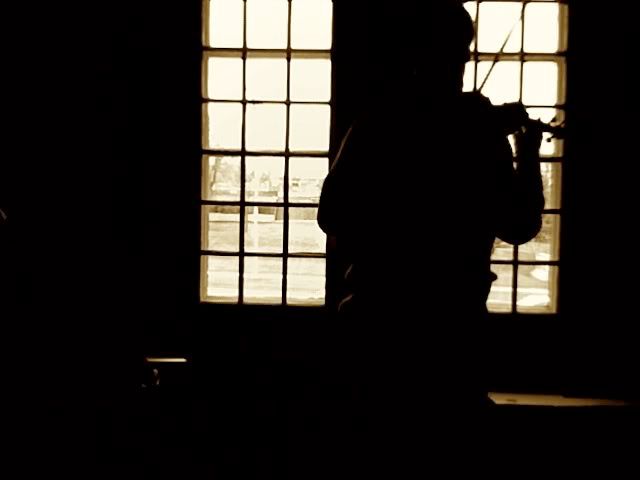This first English 122 blog post topic happens to be a rather thorny one.
For those who cannot see the question posted on the English 122 master blog, it concerns the relief response (or lack thereof) to aid those affected by the recent devastating floods in Pakistan. Dr. Morris asks us why the relief response thus far has been so sluggish and meagre in comparison to those of the Haiti earthquake disaster and the previous Tsunami.
There are a number of unfortunate circumstances which explain this apparent discrepancy in generosity. I don't think most people in both the United States and Canada necessarily prefer a Haitian victim to a Pakistani one. Both victims are human beings and both have suffered the devastating effects only a large scale natural disaster can produce. The need of either vicim is equally great. Keeping that in mind, I think the problem lies in the realm of international politics and security between countries.
Pakistan immediately receives some negative political and media coverage due to its location. As it is located in "the middle east," the public relations of the nearby countries such as Iraq, Iran, Isreal, Afghanistan are projected upon it. The terrorism threat as well as war in Iraq politically stain the region. I'm sure more than one Canadian or American has wondered that if all donated funds actually reach those in need of relief. It's no secret that the Pakistani government as well as other nearby governments have a reputation for being quite corrupt. Yet, this alone is not likely a factor as the Haitian government also suffers from deep rooted corruption. The difference between the two is a matter of where the diverted funds may go. Could my donation for relief end up funding terrorism? Haiti lacks this international security stigma. Further exacerbating this lack of confidence in where the money may end up is the internal instability within Pakistan. Political upheavals regarding territory, especially with India, are both common and heated. Violent protests break out frequently. Funds not diverted due to corruption could be lost as the government is ineffective and not well liked by many of the governed. Pakistan's political image has been further tarnished by the recent nuclear deal with China. Pakistan has stated the technology will only be used peacefully. Yet, with such an unstable and corrupt government how can they guarantee that nuclear arms will not be developed secretly? This idea particularly scares the UN and its members as Pakistan is a country that did not sign the original Nuclear Non-Proliferation Treaty. Overall, I think people may worry about where donated relief funds will eventually end up and what threat that may pose to their own country let alone the world.
The political image of Pakistan I imagine affected the amount media coverage there has been of the disaster. I did not even hear about the floods until about 2 weeks after they had started. It was not advertised on television as far as I know. I only found out listening to the radio on a Sunday afternoon. The media coverage of the Haitian disaster was far greater and informed the public far more effectively.
Even if the media coverage of the floods in Pakistan was better handled, I wonder if the donation gap would still exist if one ignored the international political and security concerns. Perhaps unlucky timing for the disaster detracted from relief efforts. The Haitian earthquake occurred at a time when a natural disaster of that magnitude had not occurred for some time. As such, it stood out as a great deviation from the norm. Conversely, the Pakistan floods began not long after the Haitian earthquake. Perhaps some had donated what they could afford that year to Haiti and could not make an equal contribution to Pakistan. The flood's shock value was certainly less as the Haitian earthquake was and is still in peoples minds alongside it. Pakistan did not benefit from the individual focus that Haiti did. On that note, casual listeners to the radio or television and those skimming the newspaper might mistake Pakistani natural disaster coverage for the Haitian earthquake and dismiss it as old news.
All these factors aside, it's unfortunate that the people of Pakistan must suffer from these political and media obstacles created by governments. They are suffering just as much as the people of Haiti were and need much in the way of humanitarian aid. How can their government deal with this huge scale natural disaster when it can barely function or remain stable at the best of times. It's hard to see an easy solution as even if funds were available, how would we make sure it reached those who need it most?
Pity the nation.
Monday, September 20, 2010
Subscribe to:
Post Comments (Atom)

No comments:
Post a Comment